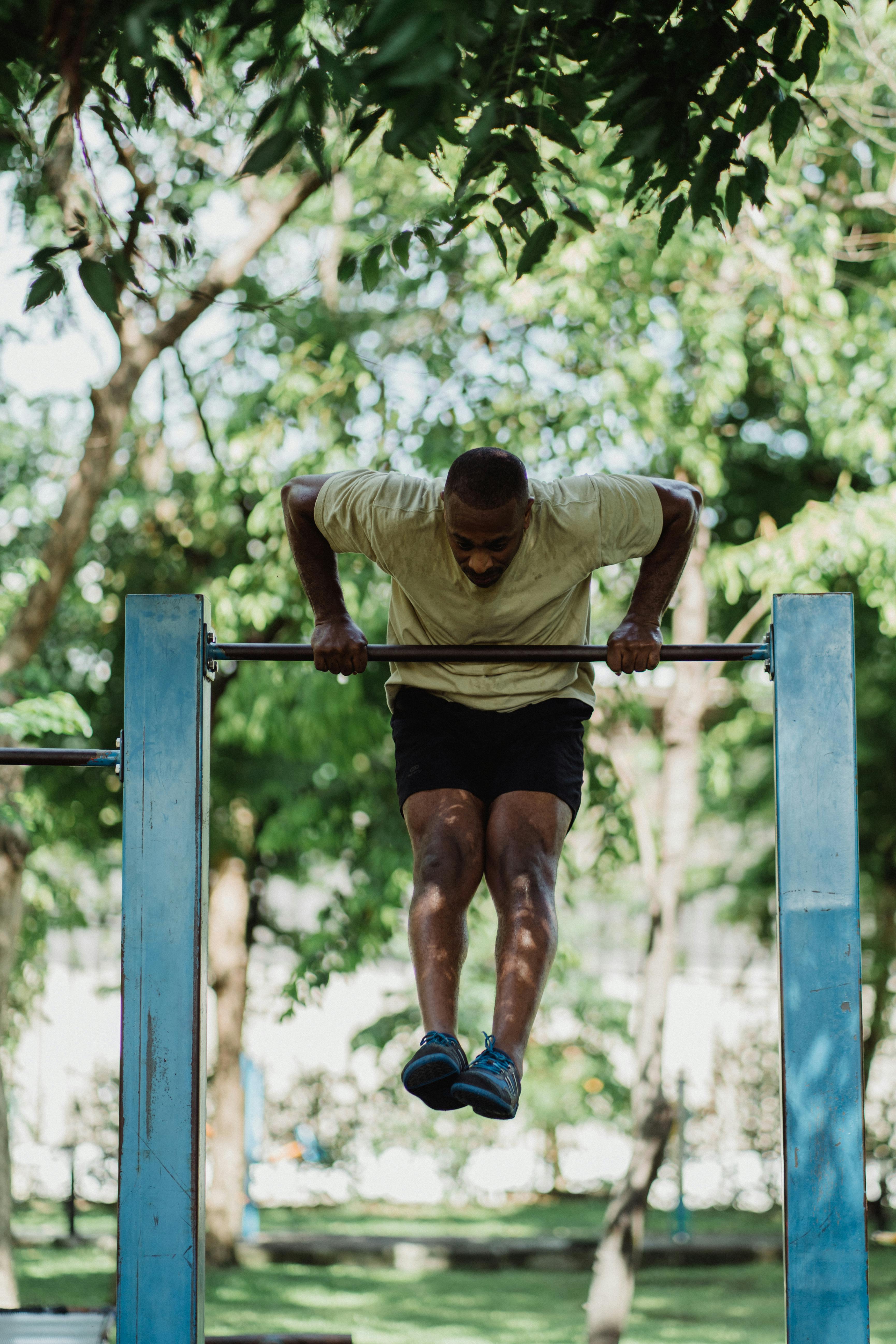Effective Strategies to Optimize Muscle Growth: Understanding Alcohol’s Impact in 2025
In the dynamic world of fitness and bodybuilding, understanding the intricate relationship between alcohol consumption and muscle development is crucial. The effects of alcohol on muscle growth, recovery, and overall fitness performance are significant topics explored by athletes and fitness enthusiasts alike. As we advance into 2025, it is essential to consider how alcohol may influence essential factors such as nutrient absorption, training intensity, and recovery time, all of which contribute to achieving fitness goals.
For many, the quest for optimal muscle growth includes a focus on nutrition, specifically protein intake and timing, hydration strategies, and training regimens. However, alcohol’s impact often goes overlooked, yet it plays a crucial role in enhancing or hindering fitness efforts. In this article, we will delve into various effective strategies for maximizing muscle growth while understanding the negative effects associated with alcohol consumption.
This journey will be structured around key topics including the role of alcohol in nutrient absorption, training adjustments in response to alcohol, and their effects on recovery and hormone balance. Before diving in, let’s highlight some key takeaways: understanding how to manage alcohol consumption can lead to better training adaptations and support your overall health while still enjoying a social lifestyle.
Understanding Alcohol and Muscle Growth
To fully grasp how alcohol influences muscle growth, we must assess its mechanistic effects on the body. Primarily, alcohol disrupts protein synthesis and recovery, the two critical components for muscle hypertrophy. When consumed in moderation, the detrimental impact on muscle building may appear negligible; however, chronic or excessive intake can lead to significant losses in muscle mass. This aspect is particularly concerning for those engaged in regular weightlifting or strength training.
The Mechanisms Behind Alcohol’s Impact on Muscle Growth
Alcohol consumption directly affects the metabolic processes crucial for muscle recovery. Upon intake, the body prioritizes metabolizing alcohol over other nutrients, which can alter how efficiently proteins, carbohydrates, and fats are utilized.
Furthermore, alcohol consumption has been shown to inhibit the release of growth hormones and testosterone, both vital for muscle repair and growth. Lowered levels of these hormones can decelerate the rate of muscle protein synthesis, thereby stunting growth. Additionally, alcohol can lead to dehydration, impacting overall performance and recovery, which can induce muscle soreness after workouts.
Connecting Alcohol, Nutrition, and Muscle Recovery
Nutritional strategies play an essential role in optimizing muscle recovery during periods of alcohol consumption. The ingestion of quality proteins post-exercise is necessary to kickstart recovery and stimulate protein synthesis. When dealing with alcohol, individuals need to be more intentional about their dietary choices, ensuring they include high-quality protein sources (such as lean meats, fish, and plant-based proteins) to counteract the potential negatives of alcohol.
Incorporating amino acids and supplements like creatine can also help mitigate some negative effects of alcohol. These nutrients support muscle repair pathways and can enhance performance, especially if you find yourself in social scenarios where alcohol is present.
The Role of Hydration in Alcohol Consumption
Hydration is a crucial aspect of training and recovery, but alcohol consumption can lead to dehydration if not managed properly. Since alcohol primarily acts as a diuretic, it can lead to fluid loss, thereby increasing the risk of dehydration, fatigue, and delayed recovery time. Maintaining proper hydration while consuming alcohol is vital for those participating in strength training and bodybuilding. Consider alternating alcoholic beverages with water to help manage hydration levels while enjoying social experiences.

Adapting Training Strategies Around Alcohol Consumption
Given alcohol’s potential negative effects on muscle growth, individuals need to adapt their training strategies accordingly. Finding a balance between enjoying a social life and committing to your fitness goals can be achieved with proper planning and awareness.
Modifying Training Intensity and Frequency
High-intensity training sessions may require more recovery time, particularly after alcohol consumption. Athletes may benefit from adjusting the intensity of their workouts following nights of drinking. Engaging in moderate workouts can maintain fitness while acknowledging the effects of alcohol on performance. A well-structured training plan could include lighter sessions or active recovery days post-social events.
Incorporating Recovery Strategies
Prioritizing recovery becomes essential when alcohol is part of your lifestyle. Implementing strategies such as foam rolling, stretching, and adequate rest can aid in recovery processes. Utilizing supplements that promote recovery, including amino acids and vitamins, can further support your body’s needs after alcohol consumption, allowing a smoother transition back into your training routine.
Understanding Alcohol’s Role in Fitness Psychology
Psychologically, alcohol often serves as a social lubricant, helping to relieve stress and anxiety associated with training pressures. However, it’s essential to strike a balance to avoid dependence on alcohol as a coping mechanism. Utilizing mindfulness and maintaining a strong mental approach can lead to healthier choices in social situations while enhancing overall performance through improved mental well-being.
Evaluating the Effects of Alcohol on Hormonal Balance
Hormonal balance is vital for athletic performance, particularly in the realms of muscle growth and fat loss. Alcohol’s interference with key hormones can profoundly affect your progress in bodybuilding and fitness.
Impact of Alcohol on Growth Hormones
Alcohol can significantly hinder the production of growth hormones, which play critical roles in muscle recovery, repair, and growth. By understanding this, athletes can gauge their intake to maximize training efficiency. Limiting alcohol, especially post-training, can preserve hormonal levels and facilitate recovery.
The Relation Between Alcohol and Cortisol Levels
Alcohol consumption can elevate cortisol levels—a stress hormone that can lead to muscle breakdown and fat redistribution. Managing alcohol intake is essential to control cortisol and support muscle preservation. Strategies may include limiting drinking frequency and choosing alternative social activities that don’t revolve around alcohol.
Exploring Healthier Alternatives to Alcohol
With today’s evolving trend towards health and fitness, exploring healthier alternatives to alcohol has become popular among fitness enthusiasts. Finding options that allow social enjoyment without compromising performance is crucial.
Non-Alcoholic Beverages and Their Benefits
There is a variety of non-alcoholic beverages that cater to social occasions, such as sparkling water, kombucha, or non-alcoholic beers. These alternatives can help maintain social connections while reducing the negative effects associated with alcohol. Incorporating these drinks can make it easier to stay hydrated and preserve muscle recovery.
The Role of Mindfulness and Moderation
Practicing mindfulness around alcohol consumption, including understanding your limits and recognizing triggers, can promote healthier habits. Emphasizing moderation, rather than complete abstention, allows individuals to enjoy social aspects without derailing their fitness journey. Tracking your consumption through an nutrition diary can help provide clarity regarding habits and effects.
Conclusion: Balancing Alcohol and Muscle Growth
In conclusion, understanding the implications of alcohol consumption on muscle growth and overall health is vital for anyone engaged in fitness or bodybuilding. By employing effective strategies—such as focusing on hydration, adopting training adjustments, and considering healthy alternatives—individuals can foster a balanced approach to socialization without sacrificing their fitness goals. Moving forward into 2025, the key lies in moderation and informed choices when it comes to alcohol consumption, resulting in a healthier lifestyle and optimized performance.

